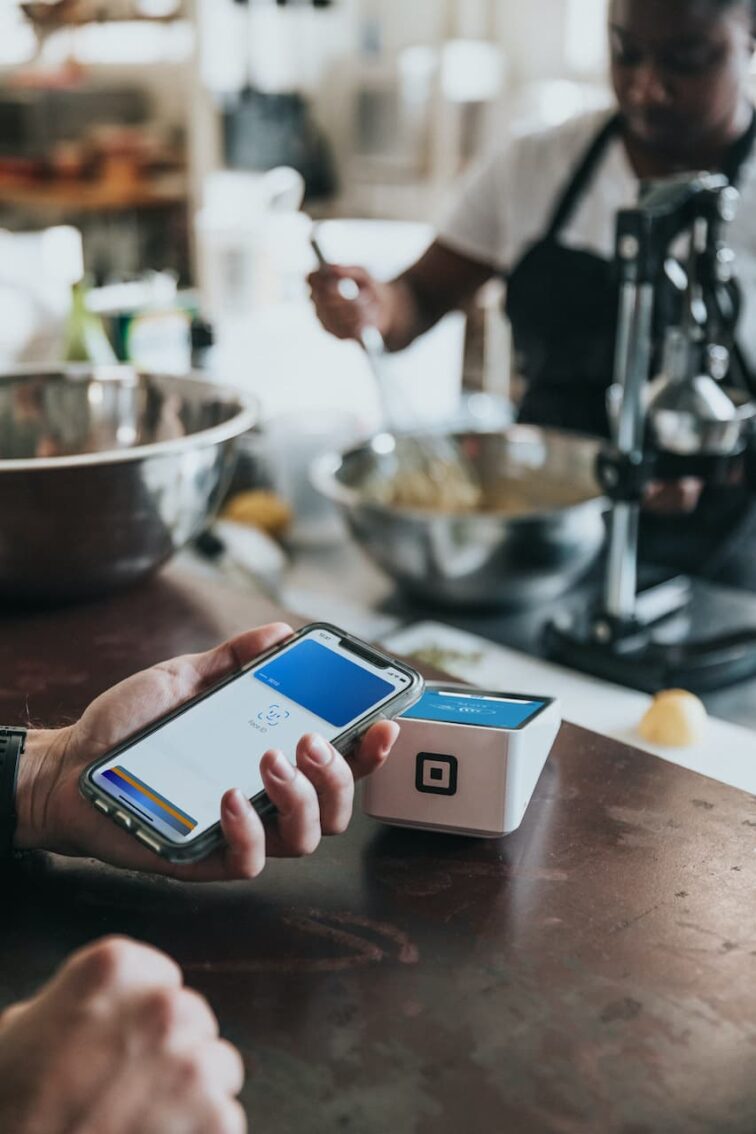The world of finance has been transformed in recent years with the rise of mobile banking and financial apps. No longer do we need to visit a physical bank or sit down at a computer to manage our money – we can do it all from the palm of our hand. With the help of these innovative apps, we can track our expenses, pay bills, and even invest in the stock market, all with just a few taps on our smartphones. This upheaval in monetary innovation is fundamentally altering the manner in which we oversee cash and making it more open to everybody. In this blog entry, we will investigate the manners by which portable banking and monetary applications are changing the universe of money and what’s on the horizon for this astonishing industry.
Mobile banking and personal finance
With the appearance of mobile banking, people started spending personal budgets differently. As soon as we forgot about cash, we turned to spend online. For some, it became a trap, and the money went down the drain. For others, it became a good way to control all transactions and prevent unnecessary expenses. So, how does the influence of mobile banking look in real-time? Here are a couple of examples:
- Convenience: Mobile banking apps allow users to manage their finances on the go, from anywhere, and at any time. This means that users can quickly and easily check their account balances, pay bills, and transfer money without having to visit a physical bank or ATM.
- Real-Time Transaction Tracking: Mobile banking apps provide real-time transaction tracking, so users can instantly see where their money is going and how much they have left. This makes it easier to stay on top of expenses and avoid overspending.
- Enhanced Security: Mobile banking apps use advanced security measures, such as biometric authentication and encryption, to protect users’ financial information. This gives users peace of mind and helps prevent fraud and identity theft.
- Personalized Financial Insights: Some mobile banking apps provide personalized financial insights and advice, based on a user’s spending habits and financial goals. This can help users make informed decisions about their finances and make better use of their money.
- Budgeting Tools: Many mobile banking apps come with built-in budgeting tools that allow users to set spending limits, track their expenses, and create financial goals. This helps users stay on top of their finances and save money in the long run.

Mobile banking isn’t just altering how people deal with their funds, however, it is likewise changing how organizations deal with their funds. New tools for money management changed business conduct dramatically. Here are just some of the influential inventions:
- Expense Management: Mobile banking apps can be used to manage employee expenses, allowing employees to upload receipts and submit expense reports directly through the app. This saves time and reduces paperwork for both employees and the finance team.
- Invoice Management: Mobile banking apps can also be used to create and send invoices directly to clients, streamlining the invoicing process and reducing the time it takes to get paid.
- Cash Flow Management: Mobile banking apps can be used to monitor cash flow in real time, allowing businesses to make informed decisions about spending and investments.
- Payment Collection: Mobile banking apps can be used to collect payments from customers and clients, making it easier for businesses to receive payments quickly and efficiently.
- Loan Management: Mobile banking apps can be used to manage loan applications and track the status of loan approvals, making it easier for businesses to secure financing when they need it.
One example of successful usage of mobile banking for business finance management is Square. Square is a payment processing company that offers a range of financial management tools for businesses, including a mobile app that allows businesses to manage payments, invoices, and expenses on the go. By making it easier for businesses to manage their finances, Square has helped many small businesses grow and thrive. Another example is Xero, a cloud-based accounting software that offers a mobile app for managing invoicing, expenses, and financial reporting. Xero has helped many small and medium-sized businesses streamline their financial management processes and make better use of their time and resources.